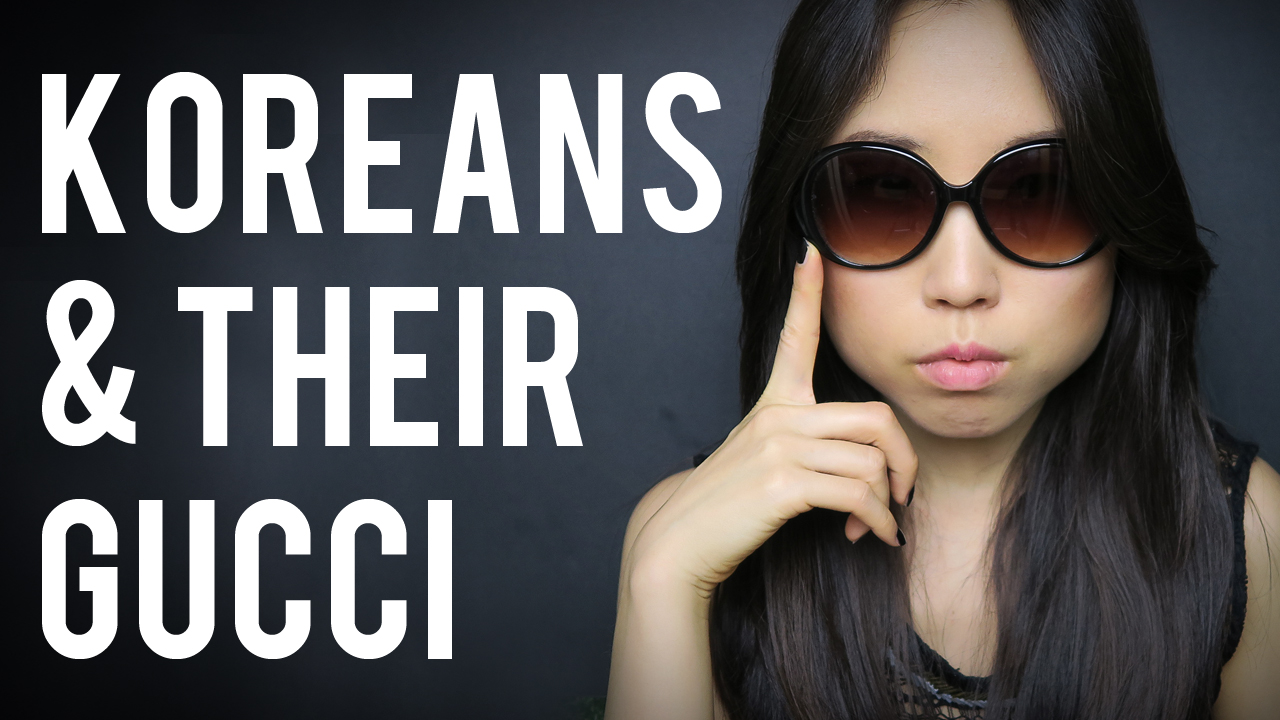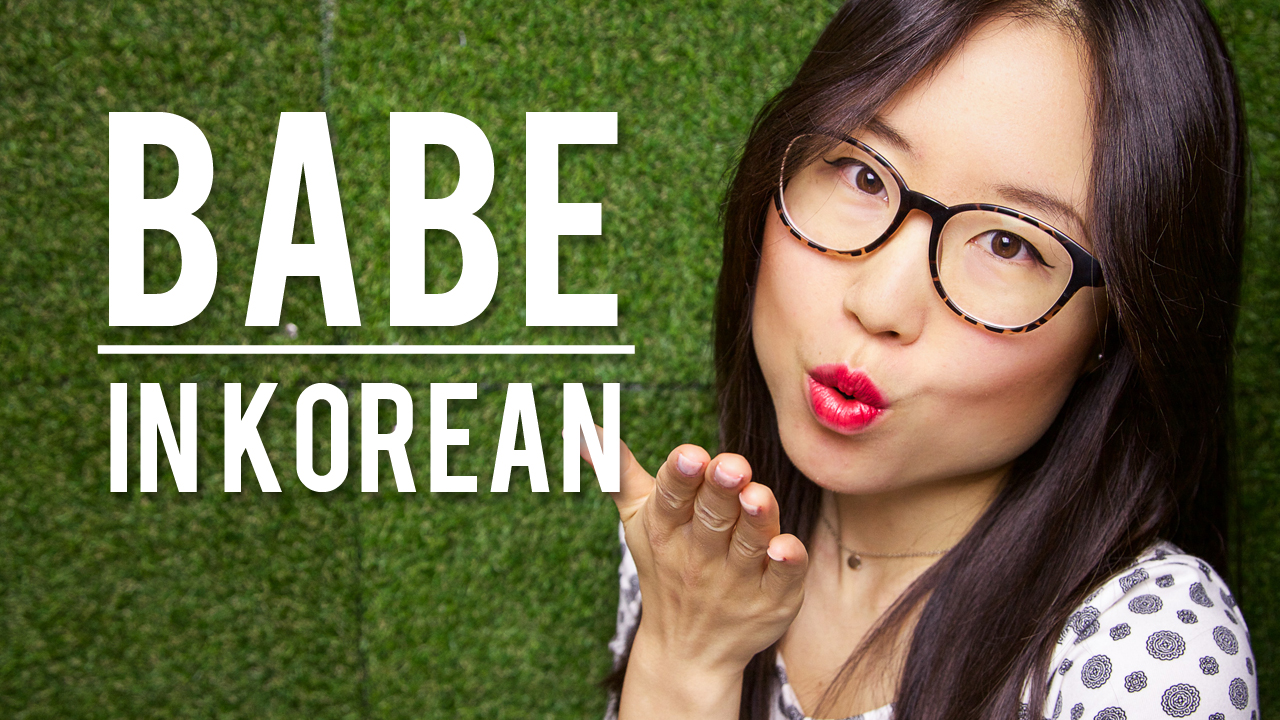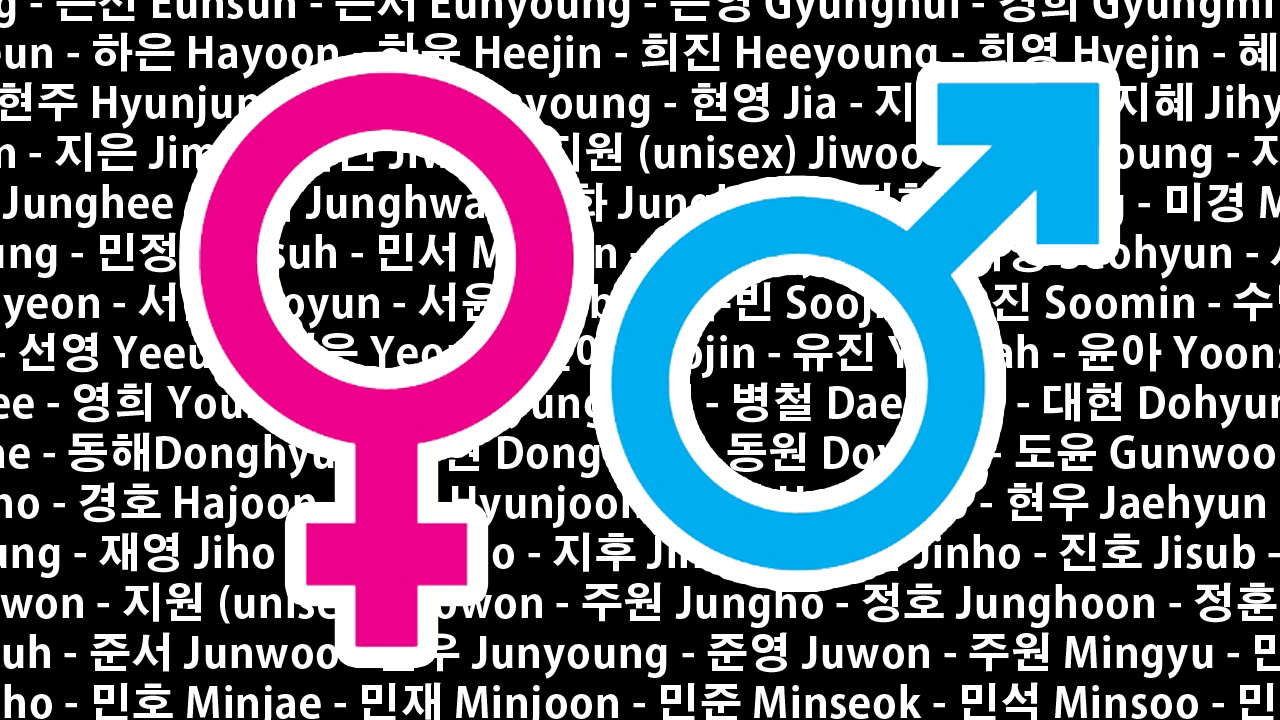Last week we learned the word 좀 (jom), which means “a little, a bit, some.” This week we venture to the other side of the spectrum: 많이 (mani)! Which means A LOT.
Here are some phrases using 많이 (mani):
- 새해 복 많이 받으세요!
Saehae bok mani badeuseyo!
Happy New Year!
(formal)
- 저 사람 어디서 많이 봤는데. 어디에서 봤지?
Juh saram uhdisuh mani bwatneundae. Uhdiaesuh bwatji?
I saw that person a lot somewhere. Where did I see him/her?
(informal)
- 돈 많이 벌자!
Don mani bulja!
Let’s make a lot of money!
(informal)
- 다쳤어? 어디? 많이 아파?
Dachyussuh? Uhdi? Mani apa?
Did you get hurt? Where? Are you in a lot of pain?
(informal)
- 그남자 많이 변했어.
Geunamja mani byunhaessuh.
That guy changed a lot.
(informal)
For you Kpop fans, can you spot where Girls' Generation sings 많이 (mani) in their music video?
Here’s a common phrase to know:
많이 먹어.
Mani muguh.
Eat a lot.
(informal)
Ever since I was young, my grandma and other adults would tell me at the dinner table: 많이 먹어. It didn't matter whether I was chubby or skinny. They’d always tell me: 많이 먹어. It’s a sign of a generous host. If the adults prepared the meal for you, they’ll say 많이 먹어. If they're buying you a meal, they'll say 많이 먹어 as well.
많이 먹어 is informal, so it is used towards those your age or younger than you. You can use 많이 먹어 to your friends as well.
If you want to tell an older person to eat a lot as a generous gesture, you’d say 많이 드세요 (mani deuseyo). This is the formal version of 많이 먹어.
Sometimes just to be playful or to be extra polite, older adults might use the formal version to you: 많이 드세요. When I dine at Korean restaurants or street food stalls, the workers sometimes bring my food then say: 많이 드세요. Then you’d reply with:
잘 먹겠습니다.
Jal mukgesseubnida.
I will eat well.
(formal)
This is a way of giving thanks for the meal.
Here are other common phrases that adults say to young people:
- 많이 컸네.
Mani kutneh.
You grew up a lot.
(informal)
- 많이 컸다.
Mani kutdah.
This also means “You grew up a lot.”
(informal)
- 살 많이 빠졌네.
Sal mani bbajyutne.
You lost a lot of weight.
(informal)
- 여드름 많이 있네.
Yuhdeureum mani itne.
You have a lot of pimples.
(informal)
- 많이 예뻐졌네.
Mani yebbuhjyutne.
You became a lot prettier.
(informal)
Old-school Kpop time! Can you find where Gummy sings 많이 (mani) in this music video? If it's your first time hearing about Gummy, she is from the same entertainment company as Big Bang and 2NE1!
Here are positive phrases using MANI:
- 여보, 많이 사랑해요.
Yuhbo, mani saranghaeyo.
Honey, I love you a lot.
(formal)
- 저녁은 내가 살게! 나 요즘에 돈 많이 벌어.
Juhnyukeun naega salggae! Na yojeumae don mani buluh.
Dinner’s on me! I make a lot of money these days.
(informal)
- 나 너 많이 좋아해.
Nah nuh mani jowahae.
I like you a lot.
(informal)
- 몸 많이 좋아졌어.
Mohm mani jowajyussuh.
My body got a lot better.
(informal)
Sometimes you’ll hear 많이 (mani) paired with 너무 (nuhmoo). 너무 많이 (nuhmoo mani). 너무 (nuhmoo) by itself means “too.” 많이 (mani) as explained already, means "a lot." Together 너무 많이 (nuhmoo mani) means “too much.”
Here are some phrases using 너무 많이 (nuhmoo mani):
- 휴~ 너무 많이 먹었어.
Hyu~ Nuhmoo mani mugussuh.
Whew~ I ate too much.
(informal)
- 너무 많이 마시지마.
Nuhmoo mani mashijima.
Don’t drink too much.
(informal)
- 너무 많이 생각 하지마. 머리 아파.
Nuhmoo mani saengak hajima. Muhri apa.
Don’t think too much. It’ll give you a headache.
(informal)
- 너무 많이 운동하는거 안좋아. 뭘 하던지 적당히 해.
Nuhmoo mani oondonghaneunguh ahnjoa. Mwol hadunji jukdanghee hae.
It’s not good to exercise too much. Whatever you do, do in moderation.
(informal)
- 우리 셀카 너무 많이 찍어 그치?
Oori selca nuhmoo mani jjikuh geuchi?
We take too many selfies, right?
(informal)
One of my favorite Kpop music videos of all time uses 많이 (mani) in their lyrics. Can you find out where it's first sung? Warning: this music video is known to make men cry. Not all men, but you might be one of them :)
Hope you enjoyed this week's lesson! Be sure to tune into my YouTube channel every Wednesday for more videos.













